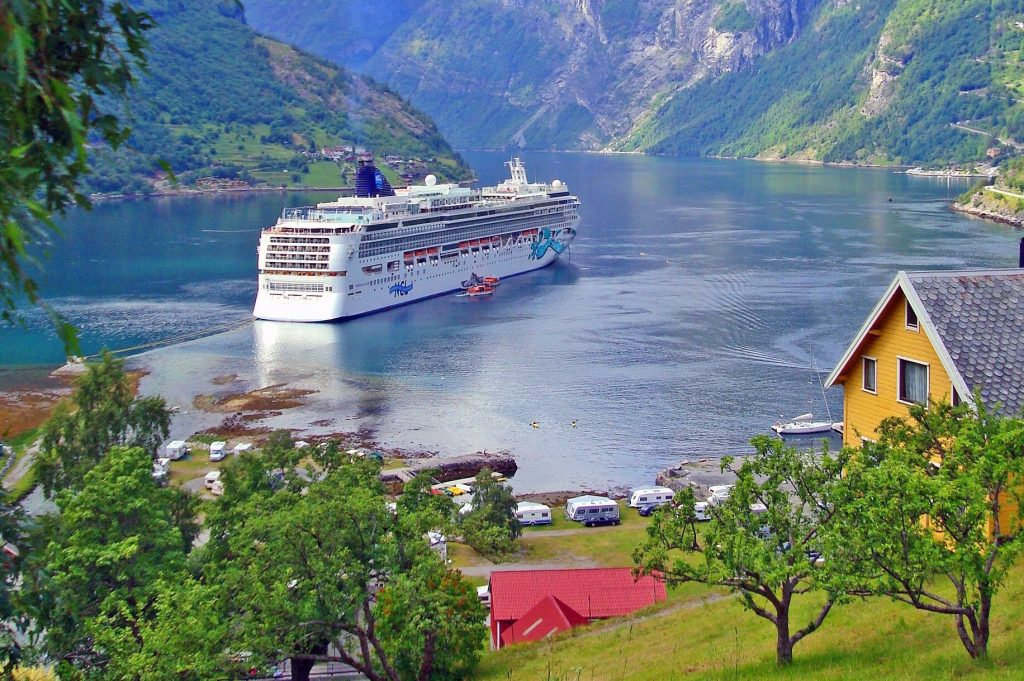Cruise Passengers Are Booking Earlier Than Ever. Is That a Good Thing?

Skift Take
Cruise companies are finally seeing the booking behavior they desired as more passengers reserve their places earlier. But observers wonder if selling inventory too far in advance means cruise lines are leaving money on the table.
In the past couple of years, cruise executives started talking about a new approach to selling voyages that flew in the face of conventional practice: No longer would they resort to deep price cuts to fill empty cabins in the final weeks before a sailing.
Instead, they said in calls with analysts, they would start to maintain discipline in their pricing — some called it "price integrity" — even if ships did not sail completely full. That followed years of sluggish pricing and several public relations blows to the business.
Now, after some adjustment on the part of consumers and travel agents, the effort is paying off. Leaders of major cruise companies said in recent financial updates that passengers are locking in their cruises earlier than ever, leading to record booking windows and higher prices.
Royal Caribbean Cruises CEO Richard Fain is Speaking at Skift Global Forum 2017. Get Tickets Now
And a new question has emerged: Are cruise operators getting too many customers to book too early, possibly at the cost of even higher fares?
"Is it to the point where you're sort of maxed out, like you actually don't want to be more booked in advance than you are now?" UBS analyst Robin Farley asked during a recent Royal Caribbean earnings call.
Executives say they're considering that issue constantly.
"This is a nice problem to have, but sometimes we do feel that we shouldn't get too booked because we give up opportunities at higher prices," Richard Fain, CEO of Royal Caribbean Cruises, said during the call. "We still are at record levels. And simply the question is do we want to continue to expand that or do we want to raise our prices a little bit and, in fact, slow down the booking velocity. That's exactly what's happening, and it's a debate that we had here every day."
Frank Del Rio, CEO of
